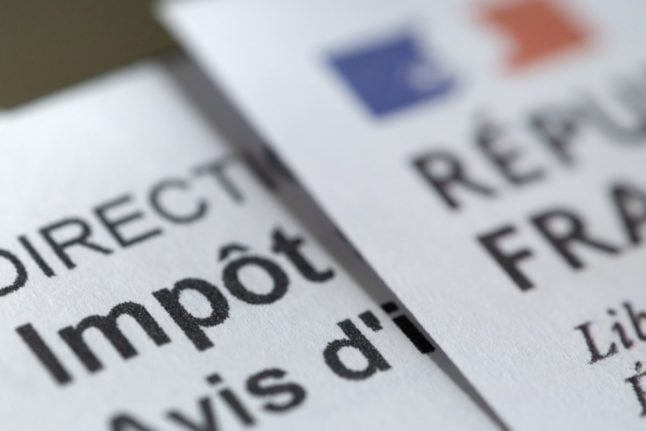In 2023, France introduced the ‘property declaration’ (déclaration d’occupation), which is required of all people who own French property, including foreigners with second homes here.
The one difference this year is that property-owners can fill out a paper version of the property declaration, as opposed to the largely online-only process last year.
This option is intended for those who have trouble accessing the internet.
The document in question is “Cerfa 1208-OD-SD” – you can download the PDF on the HERE. Fiscal authorities have also created a guide on how to fill out the document (in French), which is available for download below the Cerfa form.
READ MORE: The bumper French tax guide for 2024
Who has to do it?
It is not an annual task – if you already filled out the property declaration last year and your circumstances have not changed, then you do not need to fill it out a second time.
However, many people failed to fill out the property declaration in 2023. According to Le Figaro, at least one in six French property owners failed to do so last year.
Meanwhile, others may have purchased new property – the declaration counts property owned on January 1st of the tax year, so for this year that means any and all properties in France that you owned on January 1st, 2024.
If you did not do the form last year, or your circumstances have changes, you will need to complete it this year.
What information do I have to provide?
You will be asked for your contact information, your tax number (numéro fiscale), the address of the property, as well as whether or not it is your primary residence, how large it is and what you use it for – main residence, second home or rented out.
This information is then used to calculate your tax bill.
What’s the deadline?
You must have sent the document to your local tax office by June 30th, as it is due by July 1st. It is recommended to use tracked or registered mail to ensure it has arrived on time to its destination. This will give you proof of the day it was sent.
Failure to do the déclaration d’occupation can lead to fines of up to €150 per undeclared premises.
What about the online version?
The same deadline of June 30th (at 11.59pm) applies.
Most property owners will still do the online version, as the paper option is intended for those with issues accessing the internet. That being said, you likely would not be penalised from doing the paper-version either way.
As for the online version, the method of filling it out will remain the same as in 2023, meaning you would log onto your online space at Impots.Gouv.Fr and select Bien immobiliers (property). You can consult our guide for assistance.
READ MORE: EXPLAINED: How to complete the French property tax declaration
What if I am having trouble filling out the form?
You can also get assistance directly from tax authorities by calling 0 809 401 401, Monday to Friday from 8am to 7pm.
Consider also visiting your local tax office in person and asking for assistance – they may be able to help you fill out the form.



 Please whitelist us to continue reading.
Please whitelist us to continue reading.
Member comments